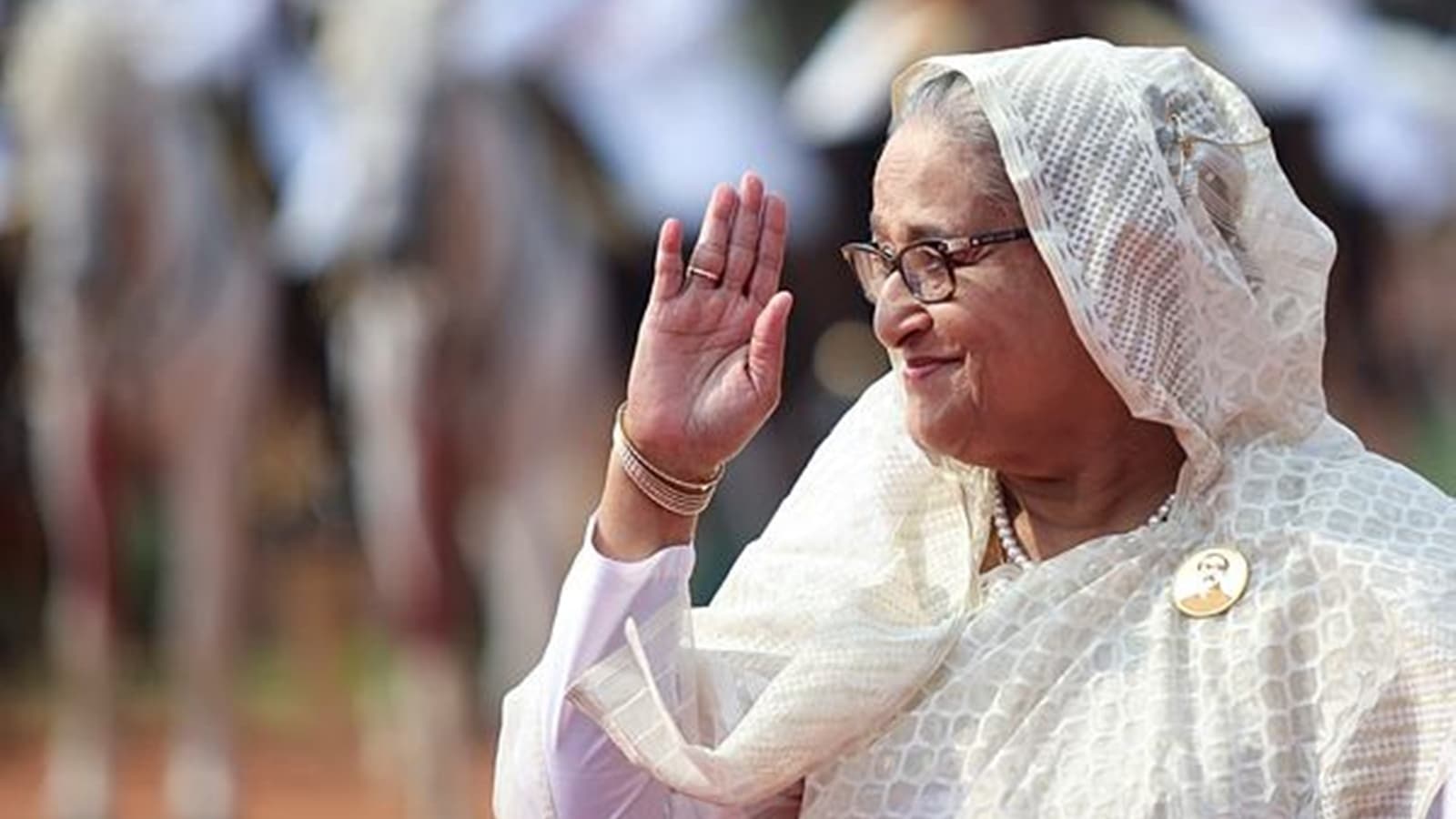 |
|
The recent diplomatic note issued by Bangladesh to India requesting the return of former Prime Minister Sheikh Hasina marks a significant development in the already complex relationship between the two nations. Hasina's presence in India, following her departure from Bangladesh amidst widespread protests, has become a focal point of contention. The extradition request, delivered via a note verbale, officially signals Bangladesh's intention to pursue legal proceedings against Hasina within its own judicial system. This action raises several key questions about the legal framework governing extradition between India and Bangladesh, the potential political ramifications for both governments, and the broader implications for regional stability.
The legal basis for Bangladesh's request hinges on the specifics of the alleged crimes for which Hasina is sought. The article mentions that her return is desired for “the judicial process,” but doesn't detail the nature of these charges. This lack of specificity makes it difficult to assess the strength of Bangladesh's case and the likelihood of India's cooperation. India's response will depend heavily on its own legal processes and its assessment of the validity and legitimacy of Bangladesh's request. Extradition treaties often contain clauses relating to the political nature of the charges and the potential for persecution. If India finds the charges politically motivated or believes Hasina would face unfair treatment, it could refuse the request. The legal battle, therefore, could extend beyond the immediate request and encompass broader discussions of international law and judicial cooperation.
Beyond the legal aspects, the political implications are substantial. The request carries the potential to significantly strain the already delicate relationship between India and Bangladesh. The two countries share a long and complex history, marked by periods of cooperation and tension. India's response will be carefully weighed, considering its strategic interests in maintaining a stable and friendly relationship with its neighbor. Any perception of India's unwillingness to cooperate could harm diplomatic ties and impact broader regional stability. Conversely, granting the extradition could damage India's reputation for providing refuge to political exiles and may have unforeseen consequences in its relationship with other countries. Therefore, the decision will likely involve significant political calculations beyond the immediate legal considerations.
The incident also raises broader questions about the rule of law and political stability within Bangladesh. The mass protests leading to Hasina's departure highlight underlying social and political tensions. The government's eagerness to pursue legal action against Hasina reflects its determination to consolidate power and address the challenges it faces. However, the international community will be watching closely to ensure that any legal proceedings are fair and transparent, avoiding the perception of political persecution. The international response to this event will serve as a critical test for both Bangladesh's commitment to democratic principles and India's commitment to upholding its legal obligations and maintaining regional stability. This situation will be closely observed by other nations, particularly those with similar historical or political contexts.
In conclusion, Bangladesh's request for Sheikh Hasina's extradition from India is far more than a simple legal matter. It represents a complex interplay of legal processes, political considerations, and regional dynamics. The decision facing India will have profound implications for the bilateral relationship and will serve as a significant test of both its legal system and its commitment to international cooperation. The ongoing situation demands careful monitoring, as its resolution could significantly shape the political landscape of the region for years to come. Further details about the charges against Hasina and India's official response are critical to a thorough understanding of the long-term consequences of this diplomatic action.
Source: Bangladesh writes diplomatic note to India seeking return of Sheikh Hasina
